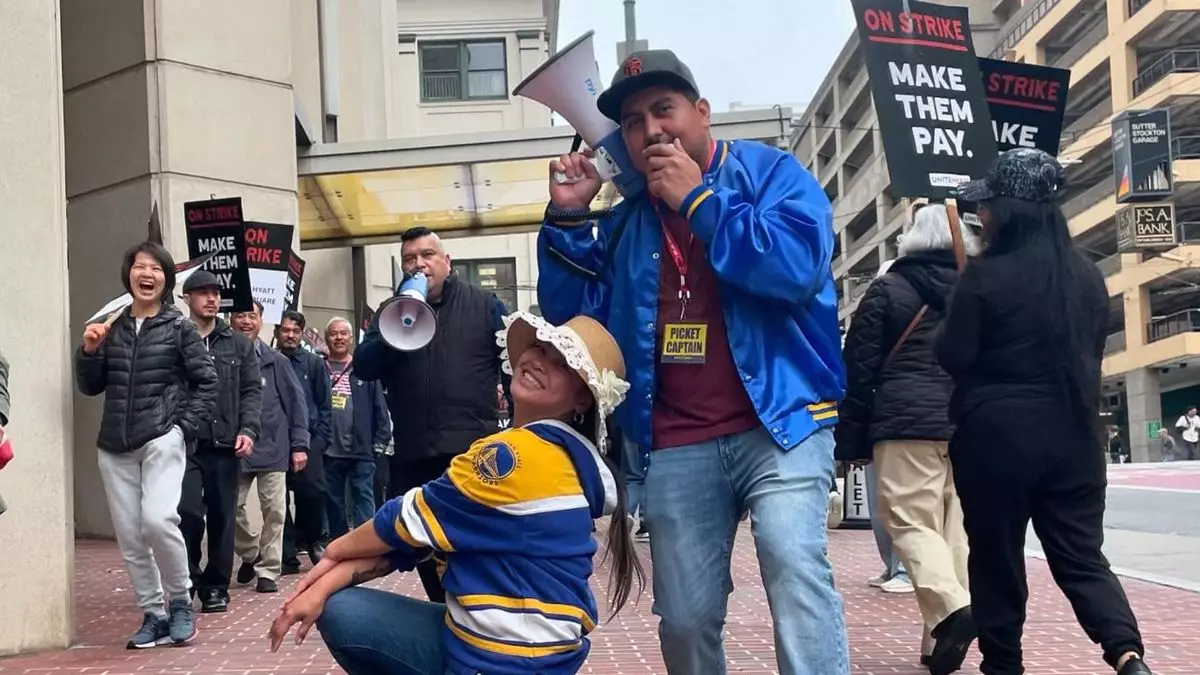In recent weeks, the hospitality industry has witnessed significant upheaval, as a wave of labor strikes sweeps across several key cities in the United States. The most striking incidents unfolded on September 22, when over 1,500 hotel workers in San Francisco combined their efforts with an ongoing strike that began in San Diego on September 1, leading to a potent demonstration of worker solidarity. This collective action underscores a growing discontent among hospitality employees, particularly those aligned with the Unite Here labor union, who are demanding better working conditions and benefits from major hotel chains.
The rallies and walkouts have primarily affected major hotel brands such as Hilton, Hyatt, and Marriott International. Iconic locations like the Grand Hyatt San Francisco and Hilton San Francisco Union Square have taken the brunt of these disruptions. The efforts by Unite Here have not been limited to San Francisco and San Diego; they extend across a broader nationwide movement involving nine cities, with the union recently organizing a limited-duration strike in Boston that saw over 1,200 workers walk off the job. This expansive reach highlights the mounting grievances across the hospitality sector, catalyzed by long-standing issues that have resurfaced in the wake of the COVID-19 pandemic.
In a proactive attempt to engage the public and influence consumers, Unite Here has issued a call to action urging travelers to avoid patronizing hotels where workers are striking. This campaign aims to create pressure on hotel management to not only acknowledge the voices of their employees but to also respond directly to their demands. As service may be curtailed or altered due to staff shortages, consumers may find themselves navigating a challenging landscape when seeking accommodations during this labor dispute.
At the core of these strikes is a united push for improved wages, better staffing ratios, and the reversal of cutbacks made during the pandemic. Workers are advocating for equitable compensation and job security, which have become even more critical as the hospitality industry grapples with the transitional effects of the pandemic. The labor actions are representative of a broader trend in various sectors, where employees are increasingly vocal about their rights and needs in a post-pandemic economy.
The ongoing strikes signal a pivotal moment in labor relations within the hospitality industry. As workers continue to unite and express their concerns through organized action, the outcome of these strikes could set a precedent for labor negotiations going forward. It serves as a reminder of the essential role that hospitality workers play in creating a successful tourism economy. If the demands of these workers are not addressed, it is likely that we will see continued unrest within the industry, further emphasizing the need for companies to prioritize fair labor practices and recognize the invaluable contributions of their employees.

